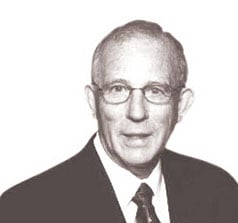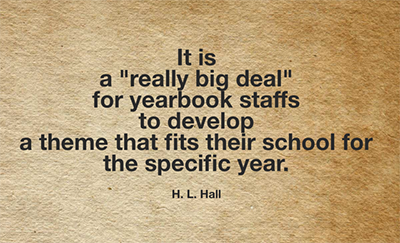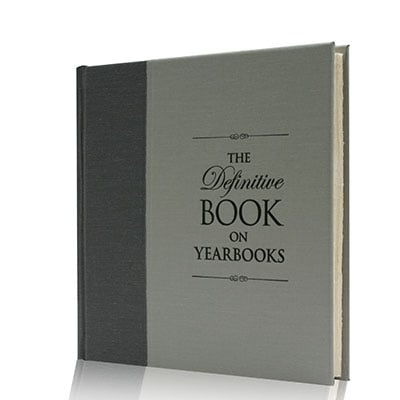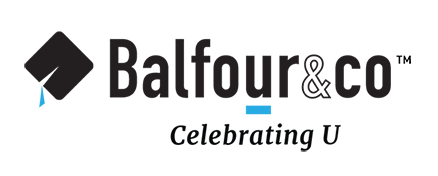
by H. L. Hall
JEA 1995 Yearbook Adviser of the Year
It still makes me cringe. I cringed when the book came out. I still cringe when I think about it.
No Man Is An Island was the theme for the first high school yearbook I advised. The idea was student generated, as it should have been, but it was too general, and it had nothing to do with the school.
Specifics about the year were lacking, and it was opinionated. The staff knew a yearbook was to report history — but No Man Is An Island had nothing to do with the school’s history. The staff loosely based the theme on John Donne’s work by the same title, but the copy, which follows, didn’t even parody that work.
No man is an island,
No man stands alone,
Each man’s grief is my own.
We need one another,
So I will defend,
Each man is my brother,
Each man is my friend.
People are lonely
Because they build walls
Instead of bridges.
Let us be the first
To give a friendly sign,
To nod first, smile first,
Speak first and
If such a thing is necessary—
Forgive first.
If we give
So shall our souls be fed.
And we indeed shall live.
I cringed then. I cringe now. I also laugh. The book was a spring delivery book. To avoid another poor theme, future staffs worked in nine four-person teams and started developing theme possibilities the previous spring.
That wasn’t always easy to do because more than one year prior to distributing a book, there wasn’t always a lot known about new developments for the next school year. Nevertheless, members of each team talked to administrators, to teachers, to club sponsors, to coaches and to community leaders about their plans for the coming year. Each team fully developed a theme from the cover to the opening to the dividers to the closing. If a staff decided to do a “whole book” approach to a theme, then each team developed its concept accordingly.
During the last week of school in June, the teams would present their ideas. After seeing all nine concepts, the staff would narrow the ideas down to three or four, and then the editors would try those themes out on instructors at summer workshops. Sometimes staffs would come up with a totally new concept at the workshops.
In the fall, since there were new staff members, more discussion occurred. Usually, an idea created the previous spring became the concept for the book. Sometimes, however, because of additional information, staffs would develop something new.

One year there were changes during the summer that shocked students in the fall. The staff immediately dropped its concept and switched to In For a Little Shock. The shocks began at registration when students discovered that most class schedules were wrong.
Another shock occurred when students learned the fire department had closed the school store as it did not meet the city’s fire code regulations, so, students could not buy their classroom supplies.
Soccer coaches shocked their teams when they told them they had to practice at a junior high because of reseeding of athletic fields. Pep assemblies held the last hour of the day had always been optional, so another shock occurred when they became mandatory. Shocks continued throughout the year.
Sometimes a theme idea just gels. When the school changed the class schedule to an A, B, C format, the yearbook staff immediately grasped onto All About the ABCs. The staff used the following spinoffs for division titles: “B There or B Square” for Student Life; “To B or not to B” for Organizations; “Who’s Who from A to Z” for Portraits; “Above C Level” for Academics; “Special K” (Kirkwood) for Sports; and “Alphabet Soup” for the Index. On “A” days, students attended seven classes. On “B” and “C” days, students attended four classes. The administration also added an extra hour to the day, as previously there had only been six periods. The copy focused on how time was spent during the day.
Using the word “time” may be trite in a theme phrase, but for Volume 50 of the yearbook, students stretched their minds and decided on Well, It’s About Time for the theme. The staff used a whole theme approach and wrote about the 50 most memorable moments of each sports season, instead of having a spread for each sport. It also wrote theme copy in first person in order to do a parody on J. D. Salinger’s Catcher in the Rye. (Salinger using the word “really” a lot.)
The opening paragraph in the yearbook read:
I could start by telling you that the theme of this book is.
Well, It’s about Time, and if I really wanted to bore the
heck out of you, I could even tell you why. But I’m not
going to tell you, really I’m not.
The first paragraph on the last page read:
This is all I’m going to tell you about. I really mean it.
I could probably talk your ear off telling you about
the faculty/senior basketball game, March 18. It was
a really big deal.
It is a “really big deal” for yearbook staffs to develop a theme that fits their school for the specific year. They need to get facts and dig for great anecdotal quotes that will show how the year is different from other years. They also need to avoid including writers’ opinions that tell everyone what a great, wonderful, marvelous school they have. Let the facts speak for themselves.
Even when staff members thought there was nothing new happening some years, reporters and photographers learned if they got in close and looked for changes, they found them. One year the staff used What Next? as its theme because there were so many changes that students were literally asking that question.
Start planning for next year’s theme over a year in advance. Look around and ask, “What Next?”
Excerpt from The Definitive Book on Yearbooks:

The Definitive Book on Yearbooks captures the hundreds of years of experience of well-known personalities in yearbook journalism. This highly respected group brings to a discussion the creative process and the nuts-and-bolts production of yearbooks in a beautifully bound collection. The essays tell stores, capturing the story-telling appeal of yearbooks.
Read the book everyone’s talking about! To find out more about The Definitive Book on Yearbooks, contact your Balfour representative.

